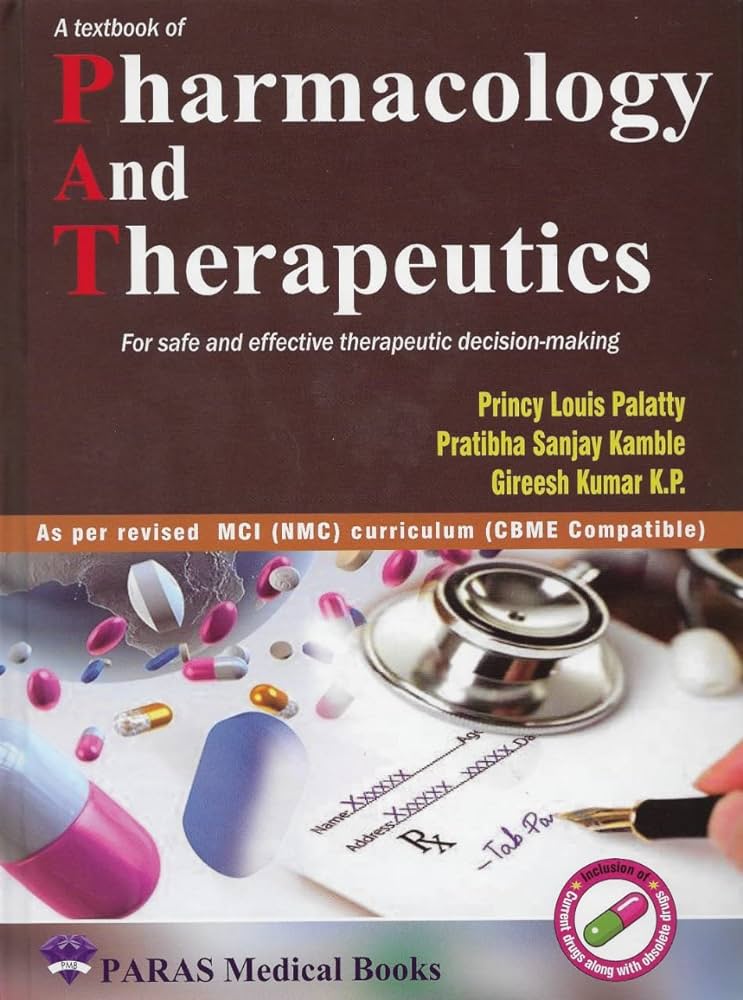USP1抑制:从靶点发现到临床转化的旅程
IF 12.5
1区 医学
Q1 PHARMACOLOGY & PHARMACY
引用次数: 0
摘要
泛素特异性蛋白酶1 (USP1)是一种参与DNA损伤反应的去泛素化酶。在DNA损伤时,USP1通过从PCNA和FANCD2-FANCI中去除单泛素来稳定复制叉,从而催化翻译合成和链间交联(ICL)修复的关键最后步骤。这一功能在BRCA1突变癌症中尤为重要,其中同源重组途径受损,导致肿瘤依赖USP1进行有效修复。USP1在BRCA1突变型癌症以及其他肿瘤类型中也过表达。临床前研究表明,敲除USP1在BRCA1双等位基因突变的肿瘤中具有合成致死性,并且与PARP抑制剂联合使用可增强这种关系。新开发的USP1抑制剂在brca1缺陷肿瘤细胞中证实了这种合成致死性。此外,这些药物有可能使铂耐药肿瘤重致敏。目前,强效和特异性USP1抑制剂正在I期临床试验中进行评估。RO7623066 (KSQ-4279)在一项I期剂量递增研究中报告了可接受的安全性,贫血是最常见的副作用,并显示出强大的药代动力学、药效学和临床活性。其他USP1抑制剂,包括SIM0501、XL309-101和HSK39775,目前处于早期临床开发阶段。在这篇综述中,我们概述了USP1的分子功能及其作为肿瘤治疗靶点的重要性,然后重点介绍了USP1抑制剂的临床前和临床开发现状。本文章由计算机程序翻译,如有差异,请以英文原文为准。
USP1 inhibition: A journey from target discovery to clinical translation
Ubiquitin-specific protease 1 (USP1) is a deubiquitinating enzyme involved in the DNA damage response. Upon DNA damage, USP1 stabilizes replication forks by removing monoubiquitin from PCNA and FANCD2-FANCI, thereby catalyzing critical final steps in translesion synthesis and interstrand crosslink (ICL) repair. This function is particularly crucial in BRCA1 mutant cancers, where the homologous recombination pathway is compromised, leading tumors to rely on USP1 for effective repair. USP1 is also overexpressed in BRCA1 mutant cancers, as well as other tumor types. Preclinical studies have demonstrated that knockout of USP1 is synthetically lethal in tumors with biallelic BRCA1 mutations, and this relationship is enhanced by combination with PARP inhibitors. Newly developed USP1 inhibitors have confirmed this synthetic lethality in BRCA1-deficient tumor cells. Moreover, these drugs have the potential for resensitizing platinum-resistant tumors. Currently, potent and specific USP1 inhibitors are undergoing evaluation in phase I clinical trials. RO7623066 (KSQ-4279) reported an acceptable safety profile during a phase I dose escalation study, with anemia being the most common side effect, and demonstrated robust pharmacokinetic, pharmacodynamic, and clinical activity. Other USP1 inhibitors, including SIM0501, XL309–101, and HSK39775, are currently in early clinical development. In this review, we provide an overview of the molecular function of USP1 and its importance as a therapeutic target in oncology, before focusing on the current state of preclinical and clinical development of USP1 inhibitors.
求助全文
通过发布文献求助,成功后即可免费获取论文全文。
去求助
来源期刊
CiteScore
23.00
自引率
0.70%
发文量
222
审稿时长
90 days
期刊介绍:
Pharmacology & Therapeutics, in its 20th year, delivers lucid, critical, and authoritative reviews on current pharmacological topics.Articles, commissioned by the editor, follow specific author instructions.This journal maintains its scientific excellence and ranks among the top 10 most cited journals in pharmacology.

 求助内容:
求助内容: 应助结果提醒方式:
应助结果提醒方式:


